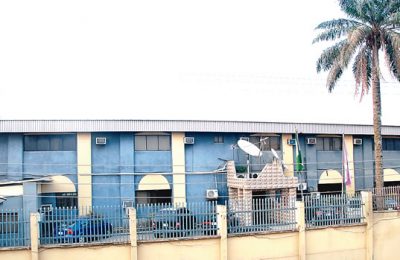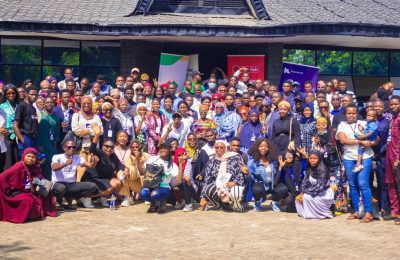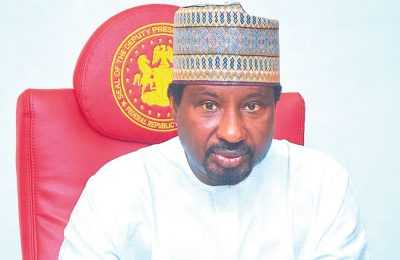IN Nigeria, the fashion sector emerges as a lively textile art interwoven with strands of tradition and contemporary flair. From the complex hand-woven textiles of indigenous tribes to the modern designs beautifying international runways, Nigerian fashion designers continually navigate the fragile balance between honoring their cultural heritage and embracing modern trends. This intersection serves as a fertile ground for thought leadership, where innovative approaches fuse tradition with modernity, creating unique narratives that resonate both locally and globally. At the heart of this intersection lies a profound respect for Nigeria’s rich cultural heritage. Traditional Nigerian textiles such as adire, aso oke, and ankara serve as the foundation upon which designers build their creations. These fabrics carry centuries of history and symbolism, deeply rooted in the diverse cultural tapestry of the nation. Thoughtful leadership in Nigerian fashion identifies the significance of protecting and celebrating these traditions, not just as relics of the past but as living, developing forms of expression.
However, the essence of leadership in Nigerian fashion lies in the ability to seamlessly blend tradition with modernity, creating designs that resonate with contemporary audiences while maintaining a strong connection to the past. This requires a deep understanding of both cultural heritage and global fashion trends. Fashion experts like Lisa Folawiyo have understood this art, imparting traditional adire textiles with contemporary silhouettes and embellishments to produce garments that are both culturally significant and trendsetting. Furthermore, the connection of modernity and tradition in Nigerian fashion industry goes beyond styling to include social and environmental awareness. Thoughtful leadership in the industry means not only creating beautiful garments but also fostering sustainable practices and empowering local communities. Designers like Maki Oh and Orange Culture showcase this culture, incorporating traditional craftsmanship methods into their production processes while campaigning ethical and eco-friendly practices.
Another part of leadership in navigating this intersection is the elevation of inclusivity and variety within the industry. Nigerian fashion celebrates the fertility of the country’s cultural diversity, embracing styles and impacts from various ethnic groups and regions. While honouring tradition, Nigerian fashion designers also exhibit a flair for innovation, reinterpreting traditional silhouettes to suit modern tastes. The iconic agbada is transformed into sleek, tailored suits for the cosmopolitan gentleman, while the flowing lines of the iro and buba are reimagined for the contemporary woman. This combination of ancient and new creates garments that harmonize with both cultural pride and modern sensibilities. Thoughtful leaders actively search to intensify marginalized voices and encourage representation across body size, ethnicity, and gender, fostering a more inclusive and reasonable fashion landscape.

Also, the intersection of tradition and modernity presents opportunities for economic empowerment and cultural diplomacy. Fashion designers in Nigeria play a vital role in standing as cultural representatives who reshape observations, showcasing the country’s cultural legacy on the global stage, and also challenge stereotypes. Through collaborations, fashion shows, and exhibitions, these leaders foster cross-cultural dialogue and promote Nigeria’s creative talent and craftsmanship on the international scene. In addition, Nigerian fashion design often serves as a medium for storytelling, exploring themes of identity, heritage, and social change. Celebrating the rich tapestry of history, folklore, and contemporary discourse, designers derive inspiration, weaving intricate narratives into their collections, thus, endowing them with profound layers of meanings and significance. Through their creations, they celebrate the richness of Nigerian culture while engaging in dialogues that resonate on a global scale. In a nutshell, the connection between modernity and tradition in Nigerian fashion designis a dynamic space where innovation, heritage, creativity converge. Thoughtful leadership in this realm requires a deep appreciation for Nigeria’s cultural heritage, a keen understanding of global fashion trends, and a commitment to sustainability, inclusivity, and economic empowerment.
As Nigerian designers continue to navigate this intersection, they not only shape the future of fashion but also contribute to the rich tapestry of Nigeria’s cultural identity on the world stage. And also, through a careful balance of heritage and experimentation, designers continue to push boundaries, challenging preconceived notions of African fashion on the global stage.
READ ALSO: Goods worth millions of naira destroyed in Ibadan fire







